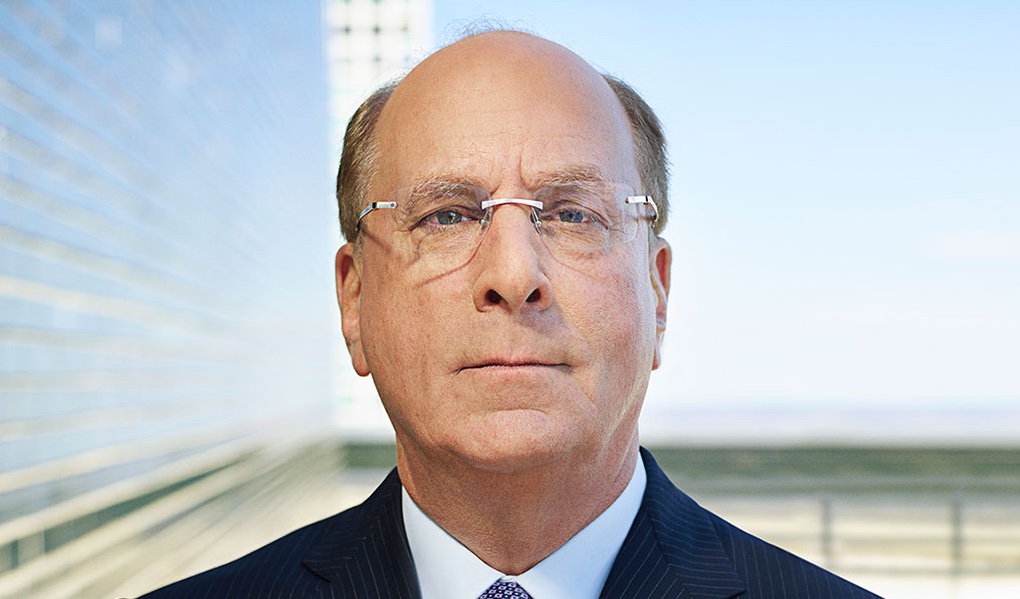BlackRock CEO Larry Fink has reasserted the importance of climate risk in investment decisions but played down the role of asset managers in driving the shift to a low-carbon economy.
In his letter to investors, Fink also stresses that clients have differing views on the energy transition and talks up the firm’s use of pass-through voting, where voting rights are handed to the end-investors in funds.
‘It is not the role of an asset manager like BlackRock to engineer a particular outcome in the economy, and we don’t know the ultimate path and timing of the transition,’ writes Fink in the letter.

‘Government policy, technological innovation and consumer preferences will ultimately determine the pace and scale of decarbonization. Our job is to think through and model different scenarios to understand implications for our clients’ portfolios.’
The comments follow a year in which BlackRock has come under attack for its approach to ESG issues. Several Republican-led states in the US have pledged to pull billions of dollars from the investment firm, saying it is prioritizing ESG goals over returns.
The letter also marks a shift in communication style, with BlackRock dropping its widely read annual letter to CEOs, which IR teams would pour over each year to better understand the disclosure and engagement wishes of the world’s largest asset manager.
In prior years, Fink has encouraged companies to disclose more ESG data and explain how they are preparing for the transition to a net-zero economy. He has also pushed back on the suggestion that stakeholder capitalism is ‘woke’.
‘As we start 2023, it is clear to me that all of our stakeholders… are facing so many of the same issues,’ writes Fink. ‘For that reason, this year, I am writing a single letter to investors and we are sharing it with all of our stakeholders.’
Climate risk
In the 2023 letter, Fink defends the focus on climate change by fund managers. ‘For years now, we have viewed climate risk as an investment risk. That’s still the case,’ he says.
‘Anyone can see the impact of climate change in the natural disasters in California or Florida, in Pakistan, across Europe and Australia, and in many other places around the world.’
He also notes that the energy transition is ‘top of mind’ for many clients, but not all: ‘Our clients have a range of investment objectives and perspectives. We have clients who want to invest in ways that seek to align with a particular transition path or to accelerate that transition. We have clients who choose not to.’
High-quality data is essential for making better decisions and the number of companies voluntarily disclosing their Scope1 and Scope 2 emissions should continue to grow, says Fink.
‘But as I have said consistently over many years now, it is for governments to make policy and enact legislation and not for companies, including asset managers, to be the environmental police,’ he adds.
Shareholder democracy
The letter, which runs to more than 9,000 words, also discusses the growth of pass-through voting. BlackRock, along with other major asset managers, has started to hand voting power to end-investors in certain funds.
Fink says nearly half of the firm’s equity index assets now have pass-through voting available and clients ‘representing more than $500 bn’ have chosen to use the service.
‘Some of our clients have expressed interest in a more direct role in the stewardship of their capital, and we have sought to deliver solutions that enable them to vote their shares,’ he writes.
‘As I wrote last year to clients and corporate CEOs, I believe that if widely adopted, voting choice can enhance corporate governance by bringing new voices into shareholder democracy.’
The growth of pass-through voting means companies will ‘need to find new ways to reach shareholders that choose to direct their own votes,’ notes Fink.










